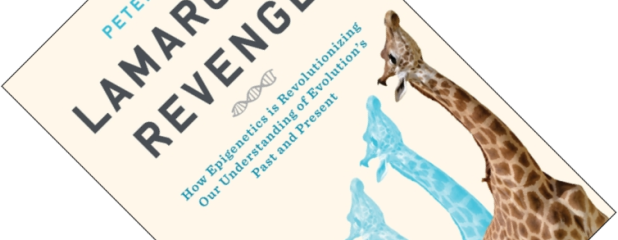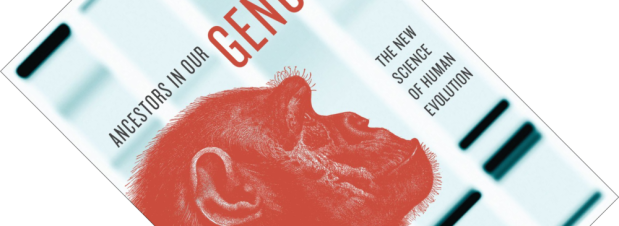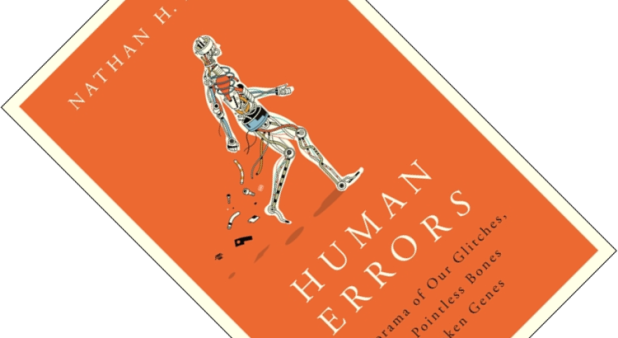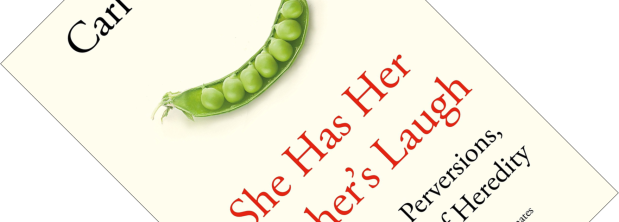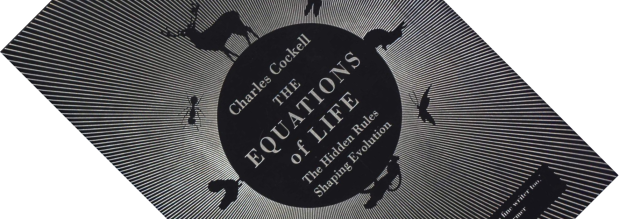As one of several intellectuals who wrote about evolution before Darwin, time has not been kind to the French naturalist Jean-Baptiste Lamarck (1744-1829). Reviled during his lifetime by the influential Cuvier, after his death he became best remembered, and ultimately ridiculed, for the idea that characters acquired during an organism’s lifetime are passed on to its offspring. With the rise of the modern field of epigenetics, some of his ideas are making a comeback, albeit modified and adapted for the 21st Century. Palaeontologist and astrobiologist Peter Ward would even like to go so far as to restore some honour to his name and consider epigenetics a neo-Lamarckian process.
mutations
Book review – Ancestors in Our Genome: The New Science of Human Evolution
After I read and reviewed Who We Are and How We Got Here: Ancient DNA and the New Science of the Human Past, I thought I knew about the changes to the story of human evolution based on studies of DNA. And given that Ancestors in Our Genome was published a few years before that book, I was curious what it could add to what I had been reading so far. As it turns out, a lot. As with my previous review, I should preface this one with the same warning that things are about to get complicated…
Book review – Blueprint: How DNA Makes Us Who We Are
When I opened this book and read its sales pitch (I paraphrase: “What if I told you of a new fortune-telling device that can predict psychological traits – it’s called the DNA revolution!”) I raised my inquisitive but sceptical eyebrow somewhat. Did I just pick up another piece of pop-psychology pulp? Oh boy, was I wrong! Behavioural geneticist Robert Plomin has written an incredibly interesting book with Blueprint, explaining how rapid advances in DNA sequencing technology are opening vast new vistas on the genetics underlying psychology. And is it ever so different, and more complex, than what hyped-up newspaper headlines have tried to sell us so far.
Book review – Human Errors: A Panorama of Our Glitches, from Pointless Bones to Broken Genes
If there is one thing that infuriates me about the way the human body works, it is the fact that our throat is a passage for both food and air. I am sure that anyone who has gone down in a fit of coughing can attest to this. As Nathan Lents shows in his amusing book Human Errors, that is just the tip of the faulty iceberg.
Book review – Tomorrow’s Table: Organic Farming, Genetics, and the Future of Food (Second Edition)
Aaah, GMOs. Was there ever a topic comparable to genetically modified organisms that riled people on either side of the debate this much? Written by an organic farmer and plant geneticist, Tomorrow’s Table is a marvellous work that walks the middle road, asking: Why should we not combine the best that organic farming and genetic engineering have to offer? Along the way, it exposes the often illogical, contradictory and, frankly, infuriating attitudes and opinions of the anti-GMO movement, politely smothering them with facts, while also teaching the technology cheerleaders a lesson or two. I love this book.
Book review – She Has Her Mother’s Laugh: The Powers, Perversions, and Potential of Heredity
If Charles Darwin were to walk into my office today and ask me: “So, what did I miss?” I think I would sit the good man down with a copy of She Has Her Mother’s Laugh, telling him: “Here, this should get you up to speed”. Darwin struggled to explain how traits were being inherited from generation to generation. As New York Times columnist Carl Zimmer shows in this wide-ranging book, the story of heredity has turned out to be both diverse and wonderful, but has also been misappropriated to prop up some horrible ideologies.
Book review – The Equations of Life: The Hidden Rules Shaping Evolution
Starting your book blurb by asking why gazelles have legs rather than wheels is a suitably out-there question to immediately grab a reader’s attention. A more pertinent question then; why is all life based on carbon rather than silicon? In The Equations of Life, Charles Cockell takes the reader on a giddy tour down the organisational hierarchy of life – from sociobiology to subatomic particles – to show that nature is far more predictable and understandable than it might appear at first blush. His eloquent answer to above and other why questions? “Because physics is life’s silent commander”.
Book review – Unnatural Selection
Six years ago (is it already that long?) Katrina van Grouw blew me away with her gorgeously illustrated book The Unfeathered Bird, which gave a unique insight into bird anatomy. Her new book, Unnatural Selection, again features her unique combination of accessibly written text and lavish illustrations. The book celebrates the 150th anniversary of Charles Darwin’s The Variation of Animals and Plants under Domestication. In this and in On the Origin of Species, Darwin frequently referred to the rapid changes that breeders could bring about in plants and animals to make evolution understandable. And yet, biologists and naturalists don’t generally hold breeders and their breeds in high regard. In that sense, Unnatural Selection also celebrates their work and knowledge.
Book review – Improbable Destinies: How Predictable is Evolution?
Convergent evolution is a thing of beauty. Whether it is wings in bats, birds and pterosaurs, or eyes in a range of organisms, evolution often seems to come up with functionally similar solutions to life’s challenges. So how predictable is evolution? This is a question that has fascinated generations of biologists and, as Losos quickly makes clear, two famous figures loom large.

